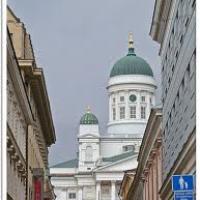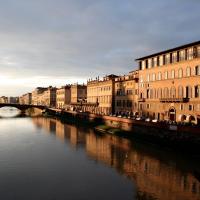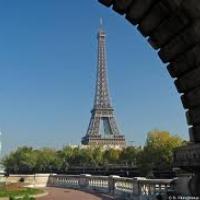2009 ESIL-ASIL Research Forum, Helsinki, 2-3 October 2009
3rd ESIL RESEARCH FORUM
‘CHANGING FUTURES? SCIENCE AND INTERNATIONAL LAW’
Helsinki, 2-3 October 2009
International law does not exist in a vacuum, and one of its more complicated relationships to the outside world is its relationship to science. First, as Hans Kelsen has proposed, international law itself can be studied scientifically, and thus international legal scholarship may be qualified as ‘science’. This applies not only to international law as such but also to some of its more detailed applications: even such activities as treaty interpretation are regularly subject to scientific analysis. Second, international law contains rules governing the acceptability of scientific and technological data in areas such as food safety or health. Third, international law forms part of the raw data used in other sciences. Thus, political scientists, economists, historians, and ethicists (to name just a few) all make use of insights from international law to a greater or lesser extent. Fourth, international law is sometimes based on the insights gained from other sciences: political scientists may contribute to treaty design, while environmental scientists may help determine the substance of and indeed provide the justification for environmental protection agreements. Fifth, sometimes international law is used itself to protect scientific insights and understandings. Intellectual property rights law is a prominent example. Sixth, international law may also be used to protect the objects of scientific research. Here, a prominent example is the protection of archaeological sites.
While the above list is by no means exhaustive, it does illustrate just how wide-ranging the connections between science and international law can be. The Third Research Forum, co-organized by ESIL and ASIL, aimed to chart the terrain and explore the complexities of this multifaceted relationship.
Videos of the Research Forum from Friday, Oct 2nd, can be viewed online:
*Opening Statements with Jan Klabbers, Thomas Wilhelmsson, Hélène Ruiz
Fabri and Lucy Reed: http://video.helsinki.fi/Arkisto/tallenne2009.php?ID=19809.
*Key Note lecture The End of International Law by Judge Allan Rosas: http://video.helsinki.fi/Arkisto/tallenne2009.php?ID=19810.
*Panel 4: Food Safety and the Protection of Animals, Plants and
Humans; chaired by Gregory Shaffer http://video.helsinki.fi/Arkisto/tallenne2009.php?ID=19811.
More than 160 photos taken during and after the Key Note lectures on Saturday, October 3rd, can be found at http://photobucket.com/esil-asil , when entering password “ESIL-ASIL.
Further information available:
REPORT on the Third ESIL Biennial Research Forum, Helsinki, 2-3 October 2009 is available.
PROGRAMME of the Third ESIL Biennial Research Forum, Helsinki, 2-3 October 2009
Forum WEBSITE



